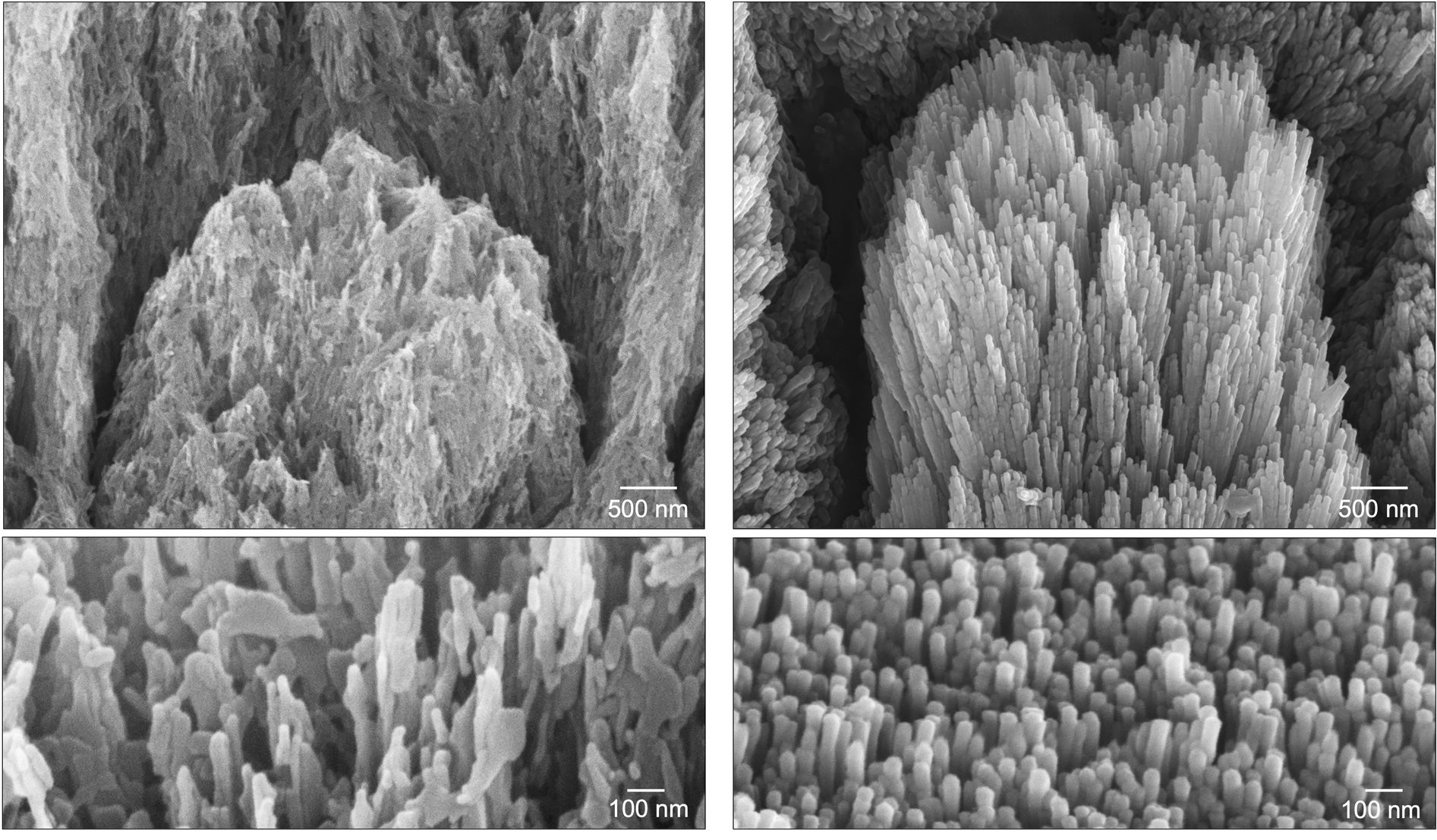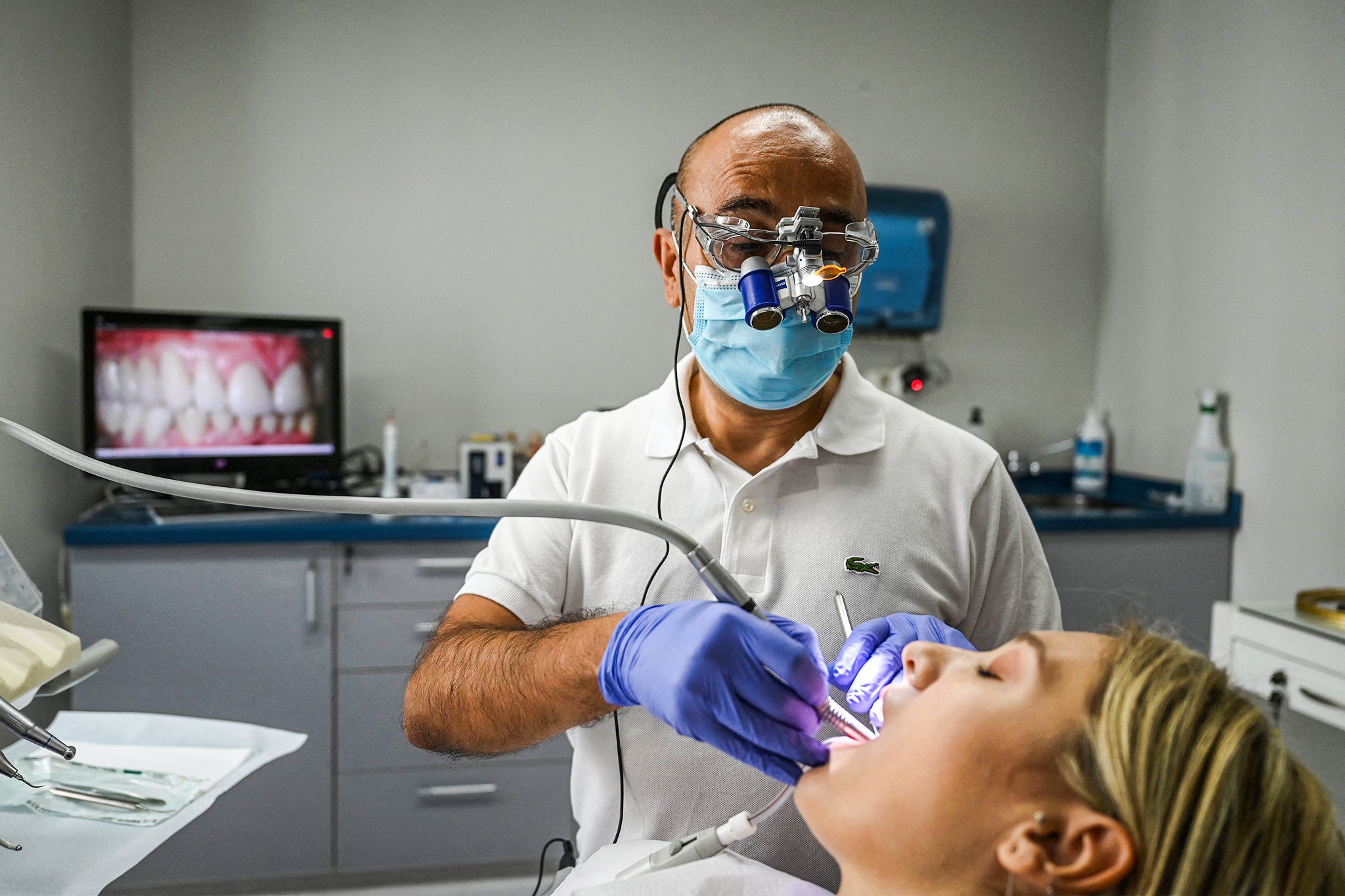A pioneering treatment expected to be on the market next year could offer a lifeline for people suffering from tooth decay.
Scientists at the University of Nottingham, in collaboration with researchers worldwide, have developed a new gel that can repair and regenerate damaged tooth enamel.
The researchers note that there is currently no solution available that can effectively regrow enamel, an issue linked to dental problems affecting almost half of the global population at an annual cost of an estimated $544bn.
The new protein-based gel “is safe, can be easily and rapidly applied, and it is scalable”, according to Professor Alvaro Mata, Chair in Biomedical Engineering & Biomaterials.
It can be applied to teeth in the same way dentists currently stop issues from worsening with fluoride treatments, which take a matter of minutes and do not require surgery.

“Also, the technology is versatile, which opens the opportunity to be translated into multiple types of products to help patients of all ages suffering from a variety of dental problems associated with loss of enamel and exposed dentine,” Mata said.
“We have started this process with our start-up company Mintech-Bio and hope to have a first product out next year; this innovation could soon be helping patients worldwide.”
The gel works by copying features of the natural proteins that guide enamel growth in infancy.
When applies, it creates a strong layer, filling in holes and cracks in teeth. It then takes calcium and phosphate ions from saliva to promote controlled growth of new mineral, ultimately fixing the structure and properties of healthy enamel.
Dr Abshar Hasan, a Postdoctoral Fellow and leading author of the study, explained that when applied to demineralised or eroded enamel, or exposed dentine, it “promotes the growth of crystals in an integrated and organised manner, recovering the architecture of our natural healthy enamel”.

“We have tested the mechanical properties of these regenerated tissues under conditions simulating ‘real-life situations’ such as tooth brushing, chewing, and exposure to acidic foods, and found that the regenerated enamel behaves just like healthy enamel,” he added.
The gel was developed by scientists from the University of Nottingham’s School of Pharmacy and Department of Chemical and Environmental Engineering, in collaboration with an international team of researchers.
The findings were published today in Nature Communications.
On eve of UN climate talks in Brazil, a call for less talking and more doing
Scientists spot the brightest flare yet from a supermassive black hole
Mayors pledge coordinated climate action ahead of UN conference in Brazil
The commonly prescribed drug that could reduce schizophrenia risk







